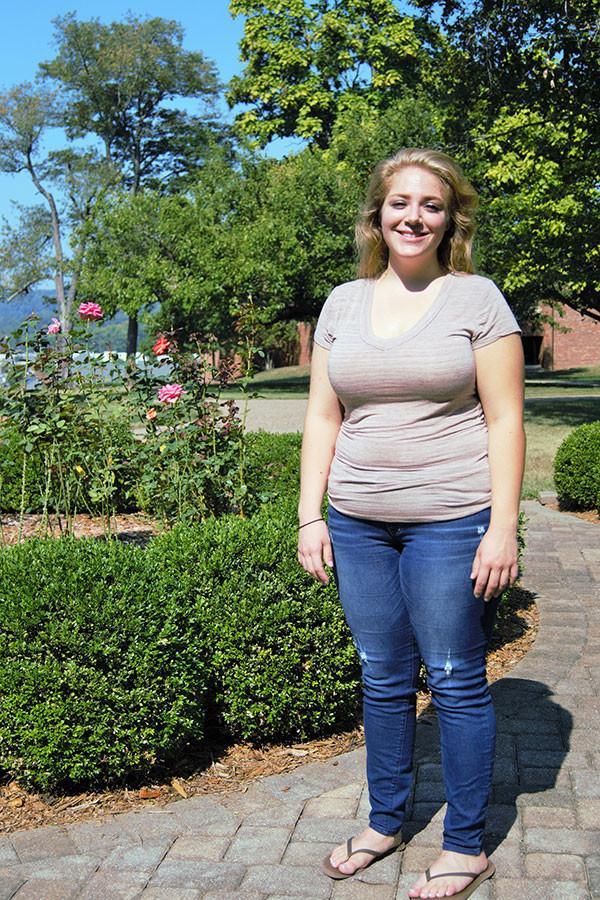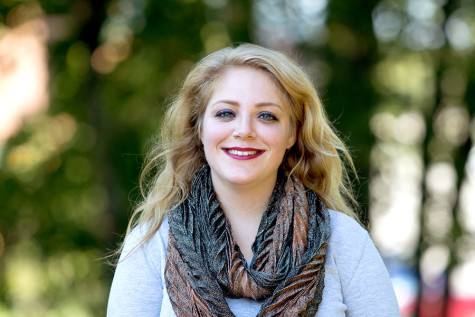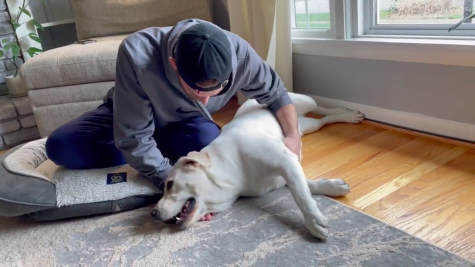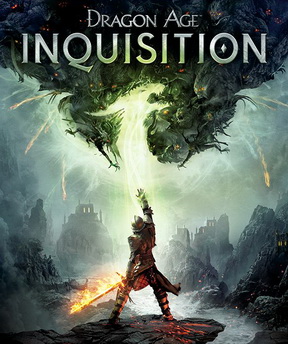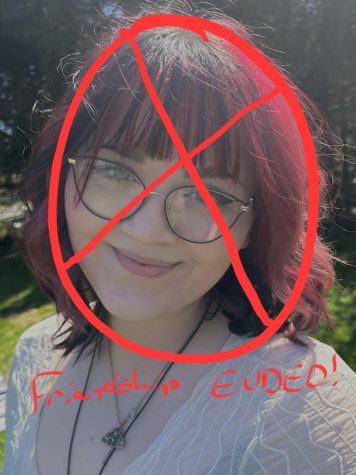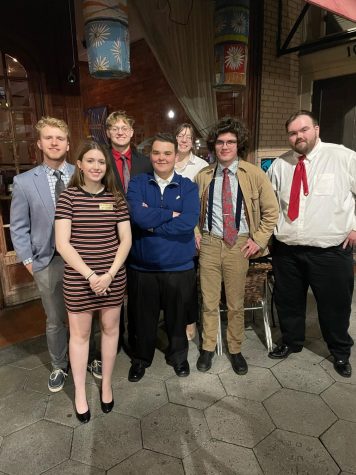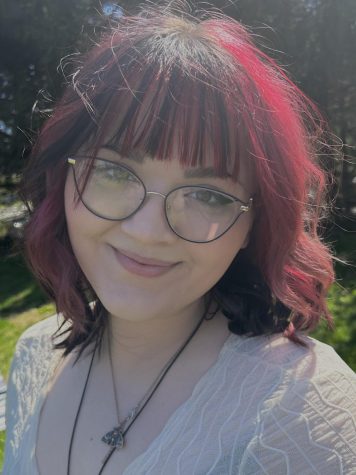Opinion: Help a stranger by paying it forward
September 8, 2015
I remember sitting in a dark dusty, slightly moldy room over the summer before my freshman year of high school. Goosebumps covered my arms and legs since I was dressed for the 90 degree weather, without heat index, but was in a 60 degree classroom. I was that kid who took summer classes to get ahead, not because I had to repeat a course.
In my career information and exploration class—one of those required, “When will I ever use this again?” classes—we learned about gumption, business letters, something about seven habits to have as a teen, and other random information. But the thing I remember most is watching Kevin Spacey in the film “Pay it Forward.” The message of the movie is something I’ve taken with me ever since and even refer back to when making decisions.
The movie tells the story of a boy, Trevor, who starts the movement known as “Pay it Forward.” He is assigned to come up with an idea that would change the world and to put it into action. Trevor decides to help three people, explaining it to his class as “A really big act. Something that they can’t do by themselves. So I do it for them. And they do it for the other people.”
Although Trevor was first told the idea was naive by his teacher, Trevor challenged the idea and decided to put it into action by bringing a homeless man home with him. Trevor offers him a shower and some food.
His one act causes a domino effect, in which many people continue helping others. He ends up helping three people but the third results in his death. Pay it forward becomes his legacy.
Pay it forward is a phrase that gets thrown around quite often. It is usually misunderstood. People tend to think of it as a karma bank. But paying it forward doesn’t mean keeping a tally of who owes whom what. You should do what you can for those you care about as well as strangers.
In February, I was in a car accident going to a sorority meeting. The front bumper of my car was torn off, the headlights were damaged, and the fender was dented. I couldn’t drive my car anywhere, except to the mechanic. As always my sister was there to help, she held me while I bawled and drove me to my meeting.
However, Kate, my best friend, was there for me as well. She drove me home that night. I stayed with her for a few days because she drove me to school since we had similar class schedules. She didn’t think twice, just followed her instincts to help where she could.
This summer I was able to pay forward her act of kindness. A friend of mine, Alexa, was in a car accident and her car was totaled. She had no transportation so I drove her and her daughter around. Later when they were transitioning between housing, the two of them stayed with me for a few days.
I didn’t ask her for anything and did not want it. Instead I hope she does the same and pays it forward to someone else.
Customers at Starbucks used this mentality in St. Petersburg, FL last August. One customer decided to pay for the coffee of the person behind them in line and 750 customers followed suit.
A friend of mine works at a Panera in Louisville and got excited one day when someone paid for the meal of the person behind them and 26 people continued it.
When people choose to “pay it forward” they are not only influencing the person whom they are helping, but also bystanders. Liberty Mutual aired a commercial showing bystanders performing a good deed which inspired others to do the same.
My main goal in life is to make a positive impact on the world. When I imagine doing so it can seem overwhelming but consider how much change you can enact and inspire by doing small deeds every day, that change becomes a reality.
A movement that is gaining momentum locally is to do a good deed on September 11, “A Salute to Our Heroes.” I challenge you to particpate in this as well as continuing to do so every day. Something as simple as holding the door for someone or as much as paying for their groceries.
It’s up to you.

